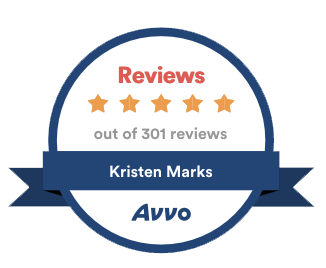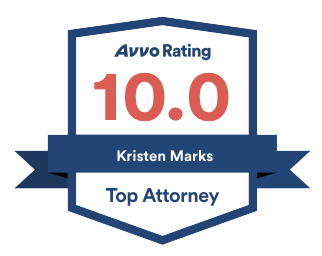Under Florida law, a guardian advocate may be appointed for a person with developmental disabilities if the person lacks the capacity to do some, but not all, of the tasks necessary to care for his or her person, property or estate. A “developmental disability” is defined as “a disorder or syndrome that is attributable to retardation, cerebral palsy, autism, spina bifida, or Prader-Willi syndrome and that constitutes a substantial handicap that can reasonably be expected to continue indefinitely.” F.S. 393.063(10). This guardian advocate law is very useful because it streamlines the guardianship appointment process with the courts.
Process of becoming guardian advocate: Becoming appointed guardian advocate for your adult child begins with filing a petition with the court and outlining the reasons a guardian advocate is necessary. Medical reports, including ISP or IEP reports, should be filed to show the nature of your child’s disability. Both parents should consent to the petition (even if divorced) to avoid unnecessary litigation and time delays in appointing a guardian advocate for your child. An attorney will be appointed by the court to meet with your child and represent his or her interests and make recommendations to the court on whether they believe appointment of a guardian advocate for your child is appropriate.
Annual reporting requirements: Once appointed, initial reports and then annual reports will need to be filed with the court outlining the care plan for your child and accounting for any of his or her property, social security benefits or other income. Basically the Court wants to ensure that you, as your child’s guardian advocate, are acting in his or her best interests at all times.
Special Needs Trust: Another consideration if you have a child with special needs who is receiving, or who might receive in the future, any type of public assistance benefits, is to include a Special Needs Trust in your estate planning documents. A Special Needs Trust can provide resources for your special needs child without jeopardizing his or her public assistance benefits.
Bottom line: A parent of a special needs child should be planning to become guardian advocate for their child shortly before the child’s 18th birthday so there is no interruption in the care and oversight you are providing your child.






